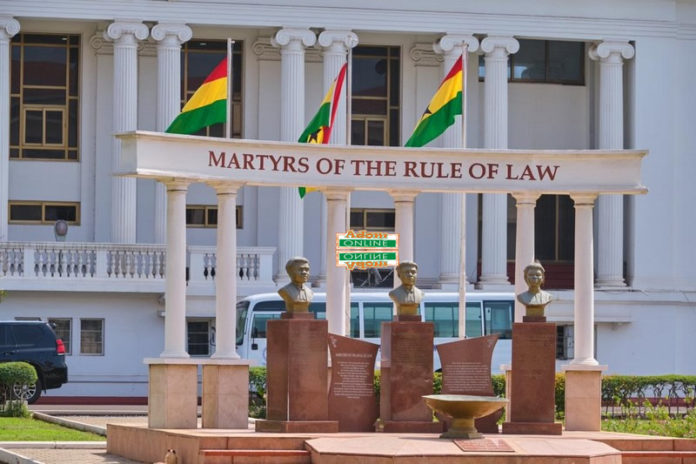The Court has unanimously denied the petitioner’s prayer for leave to serve interrogatories to the 1st Respondent and adjourned the case to 9:30 AM tomorrow.
This is a fancy way of saying the petitioner wanted to ask the 1st Respondent some questions, as part of the discovery process, and the Court denied the petitioner’s request.
Discovery is a vehicle used by parties to gather information in preparation for a trial. Its purpose is to allow the parties to obtain full knowledge of the issues and facts of the lawsuit. In this regard, it saves time by allowing the parties to narrow the issues and to weed out extraneous matters.
Discovery can take many forms, including a Request For Admissions (RFA), Production Of Documents (POD) and interrogatories.
Do not be fooled by the nomenclature. Interrogatories are written questions propounded by one party to be answered by an adversary. Request for admissions is a set of statements sent from one party to an adversary, for the purpose of having the latter admit or deny the statements or allegations. The POD is a request by a party for the adversary to produce some documents.
While Parties can discover as a matter of right by using the RFA or POD, Parties can discover through interrogatories only by leave of court, hence the petitioner’s prayer.
Our courts are required to allow only the questions (interrogatories) which they consider necessary either to dispose fairly of the cause or matter or to save costs.
This is in sharp contrast to other jurisdictions, where interrogations are a right and are liberally construed to allow the parties to build evidence for the case.
To sum up, the Court did not allow the petitioner to ask the questions. Of course, notice that this does not mean the questions cannot be asked during the trial.
On a lighter note, Justice Amegatcher provided some entertainment when he sought to inappropriately restrain the petitioner from mentioning the Chief Returning Officer’s name on grounds that the “EC is an office, not a person.”
Mr Tsikata, however, stood his grounds, yielding only on the matter of how the name is to be pronounced.
Da Yie!

